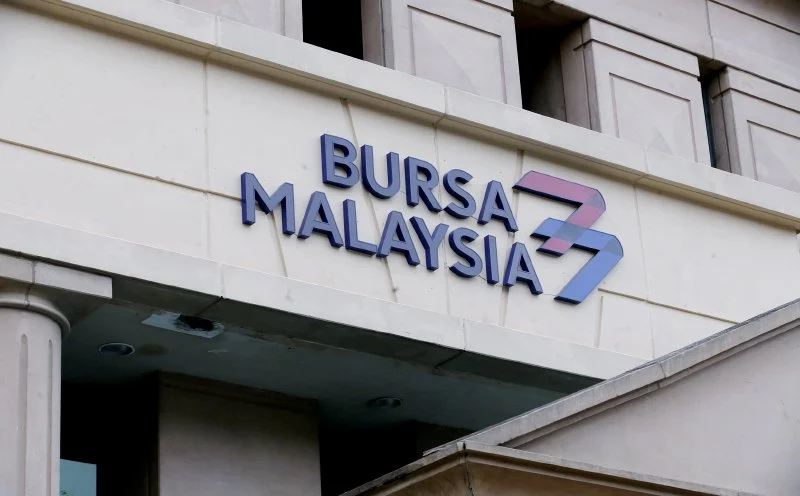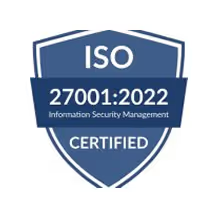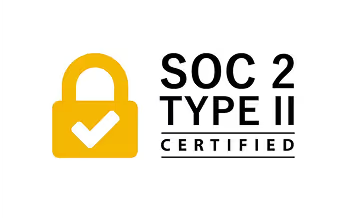Malaysia’s ESG Transition: Turning Compliance into Competitive Clarity

Sustainability has reached Malaysia’s boardrooms, not as a moral appeal, but as a management priority.
What began as a disclosure exercise under Bursa Malaysia’s Sustainability Reporting requirements is now reshaping how enterprises plan, operate, and perform.
The real shift?
Sustainability is moving from obligation to intelligence, from reporting what happened to anticipating what’s next.
The Disclosure Landscape Is Evolving Fast
Over the past decade, Bursa Malaysia has steadily expanded its ESG expectations.
The current Sustainability Reporting Guide mandates listed companies to disclose their material ESG topics, governance, and performance metrics. Updates in 2024 aligned these with global standards like TCFD and ISSB, signalling a clear trajectory: ESG transparency is now business hygiene.
Meanwhile, the Malaysian Code on Corporate Governance (MCCG) urges boards to take active responsibility for sustainability risks and opportunities, embedding ESG into the same decision logic as revenue, capital, and risk.
This regulatory direction mirrors a global truth: ESG is no longer about compliance with the law; it’s about competitiveness within the market.
The Industry Push: From i-ESG to Execution
The i-ESG Framework - launched by Malaysia’s Ministry of Investment, Trade and Industry, marks a significant expansion of scope.
It calls upon manufacturing and SME sectors to adopt structured ESG practices, recognising that sustainability performance in global supply chains begins with operational readiness on the ground.
But readiness demands more than awareness sessions.
It requires systems that can connect energy data, supplier practices, workforce well-being, and governance oversight into a single, intelligible view, something most enterprises still struggle to achieve.
That’s where the next phase of Malaysia’s ESG evolution will unfold: not in what companies disclose, but in how they operationalise sustainability.
Real Incentives: Malaysia’s ESG Tax Deduction Rules
Malaysia is not just layering disclosure. It’s incentivising action.
Under the recent “ESG Tax Deduction Rules” (viz. the Income Tax (Deduction for Expenditure in relation to Environmental Preservation, Social and Governance) Rules 2025), companies can claim tax deductions up to RM 50,000 per Year of Assessment (YA 2024 to YA 2027) for eligible ESG-related expenditure. Grant Thornton Malaysia
What does this mean for leadership?
- This incentive shifts ESG from cost to investment: initiatives that were previously discretionary now carry tax advantages.
- For manufacturing firms and SMEs under the i‑ESG Framework, this deduction signals that Malaysia expects more than words — it expects quantifiable action supported by financial logic.
- From a governance standpoint, finance and sustainability teams now have a common metric: “Which initiatives deliver both ESG impact and tax efficiency?”
In short: The tax deduction rules underline that Malaysia is aligning regulatory, operational and fiscal levers to fast-track ESG maturity. They translate strategy into ledger lines.
Beyond Reporting: Building ESG Intelligence Systems
Across emerging markets like Malaysia and India, we’ve seen this pattern before.
India’s Business Responsibility and Sustainability Report (BRSR) created a data discipline—forcing companies to align sustainability efforts with measurable, verifiable outcomes.
Malaysia is poised for a similar leap.
But replicating success means going deeper than reporting templates. It’s about designing ESG governance that is:
- Integrated: linking financial, operational, and sustainability data for unified decision-making.
- Assured: embedding controls, validations, and evidence trails for audit and investor confidence.
- Adaptive: enabling scenario analysis, forecasting, and performance tracking to guide long-term strategy.
This is not paperwork, it’s architecture.
When sustainability data becomes decision data, ESG transforms from an annual disclosure to a daily dashboard for leadership.
Why Leadership Matters More Than Legislation
Malaysia’s regulatory progress is important, but what will truly define its ESG decade is leadership intent.
CEOs, CFOs, and CSOs now need to treat sustainability as strategic infrastructure: a system that shapes capital allocation, supply chain choices, and enterprise reputation.
GovEVA is where Governance meets EVA - Economic Value Added.
Every credible ESG system must answer the same boardroom question: How does this improve business resilience and value creation?
Leaders who can trace that line, from emissions to efficiency, from diversity to productivity, from disclosure to investor trust - will own the ESG narrative.
The Sherpa Perspective: From Basecamp to Boardroom
At GovEVA, we’ve seen sustainability journeys take shape across sectors and geographies.
Some start with compliance. Others with conviction. But all share one truth: the climb is easier when guided by clarity.
That’s what a Sustainability Sherpa does.
We don’t just map regulations, we help enterprises build ESG operating systems that connect data, governance, and impact.
Systems that make sustainability measurable, audit-ready, and value-driven.
Because true ESG maturity isn’t when a company files a perfect report, it’s when sustainability decisions become indistinguishable from business decisions.
Closing Thought
Malaysia’s ESG frameworks - Bursa’s reporting guide, MITI’s i-ESG, and the forthcoming NSRF are milestones, not finish lines.
The next challenge is turning frameworks into fluency: building organisations that think, act, and grow sustainably by design.
That’s not a compliance exercise. That’s strategy.
Explore how enterprises across Asia are building ESG systems that combine compliance, credibility, and competitiveness.
Ready to Take the Next Step?
You’ve explored the strategies, now let’s put them into action. With GovEVA as your ESG Sherpa, compliance and sustainability become a clear, achievable climb.
Start Your ESG Journey →










